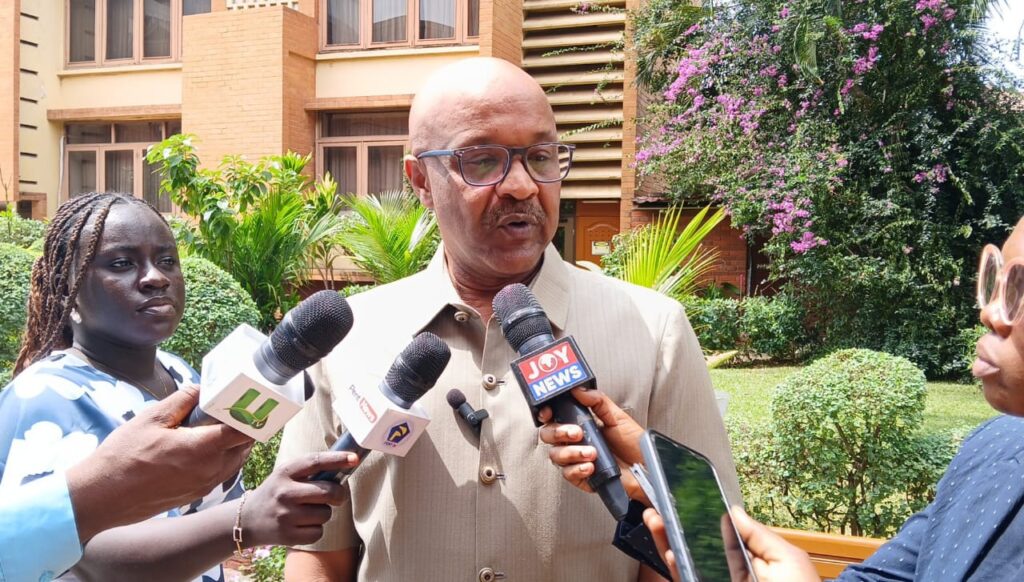The United Nations Children’s Fund (UNICEF) and the Ghana Health Service are collaborating with religious leaders to make sure every child in Ghana knows about the new Human Papillomavirus (HPV) vaccine.
The national vaccination campaign is set for October 7th to 11th, and these organizations are relying on the moral influence and wide reach of religious leaders to share this information throughout Ghanaian society.
The Ghana Health Service has been getting ready for the vaccination campaign, but its success relies on people’s awareness and their willingness to get the vaccine.
UNICEF and the Ghana Health Service are joining forces to create demand for the vaccine and are looking for support from religious and traditional leaders to reach every child in Ghana.
In an interview, Mr. Osama Makkawi Khogali, a UNICEF representative, mentioned that UNICEF is asking religious leaders to share important messages with their communities. This includes informing them about the upcoming HPV vaccination campaign, encouraging them to get the vaccine, and explaining the vaccine’s role in preventing HPV-related diseases.
The collaboration between UNICEF, the Ghana Health Service, and religious leaders is vital to ensure that the vaccination campaign reaches every child in Ghana, Mr. Osama stated.
By working together, they can use their combined strengths and networks to raise awareness and increase the uptake of the HPV vaccine, he added.
He highlighted that introducing the HPV vaccine is a major step in safeguarding Ghanaian children from HPV-related diseases.
With the backing of religious and traditional leaders, UNICEF and the Ghana Health Service believe they can reach every child in Ghana and ensure the vaccination campaign’s success, he concluded.


